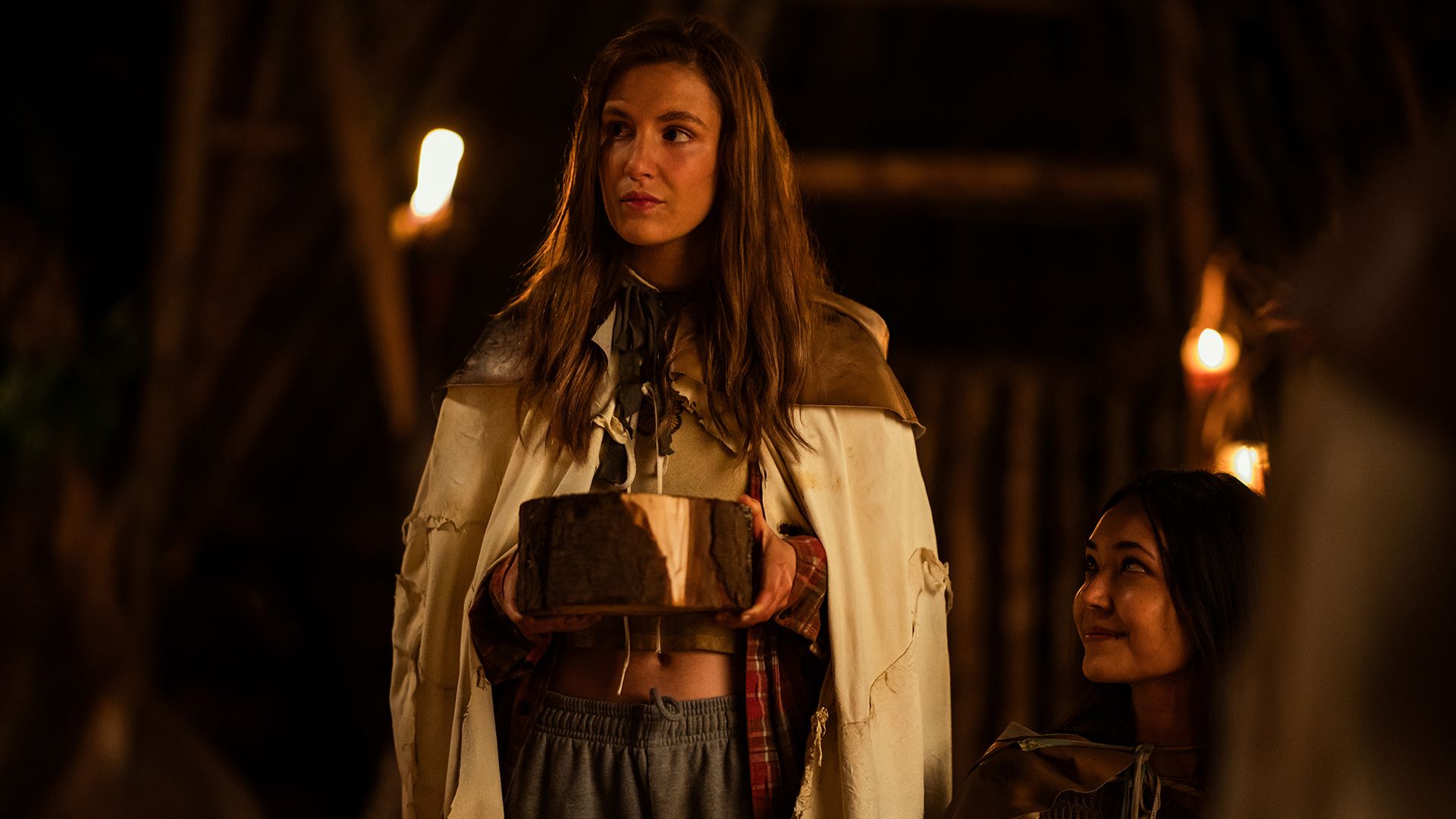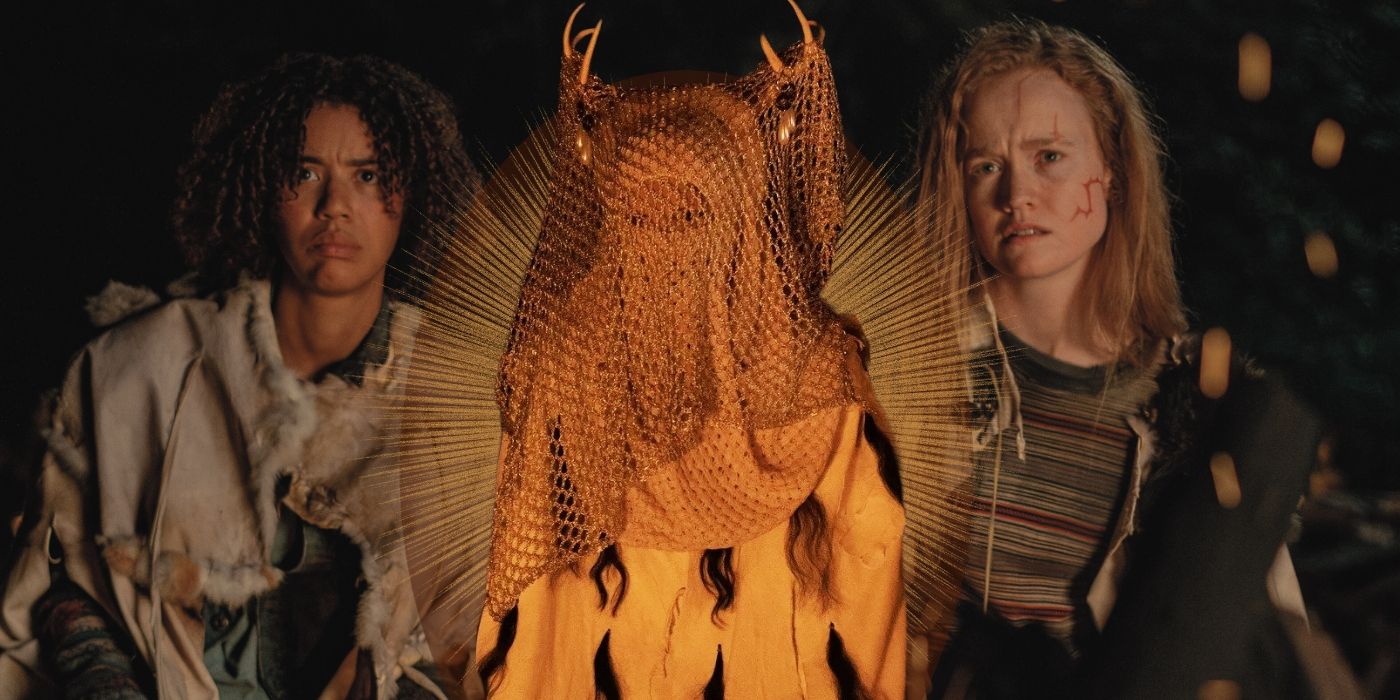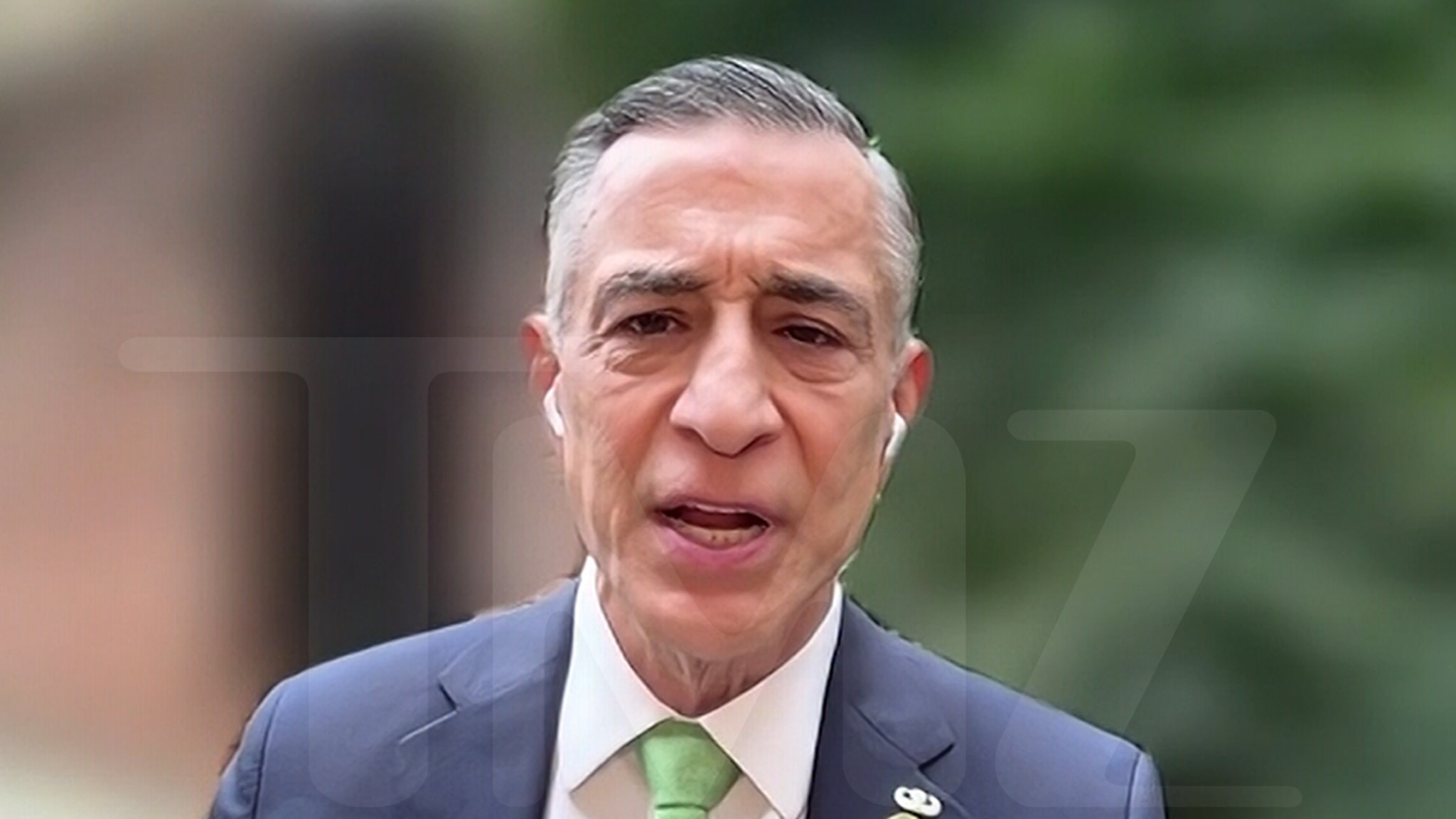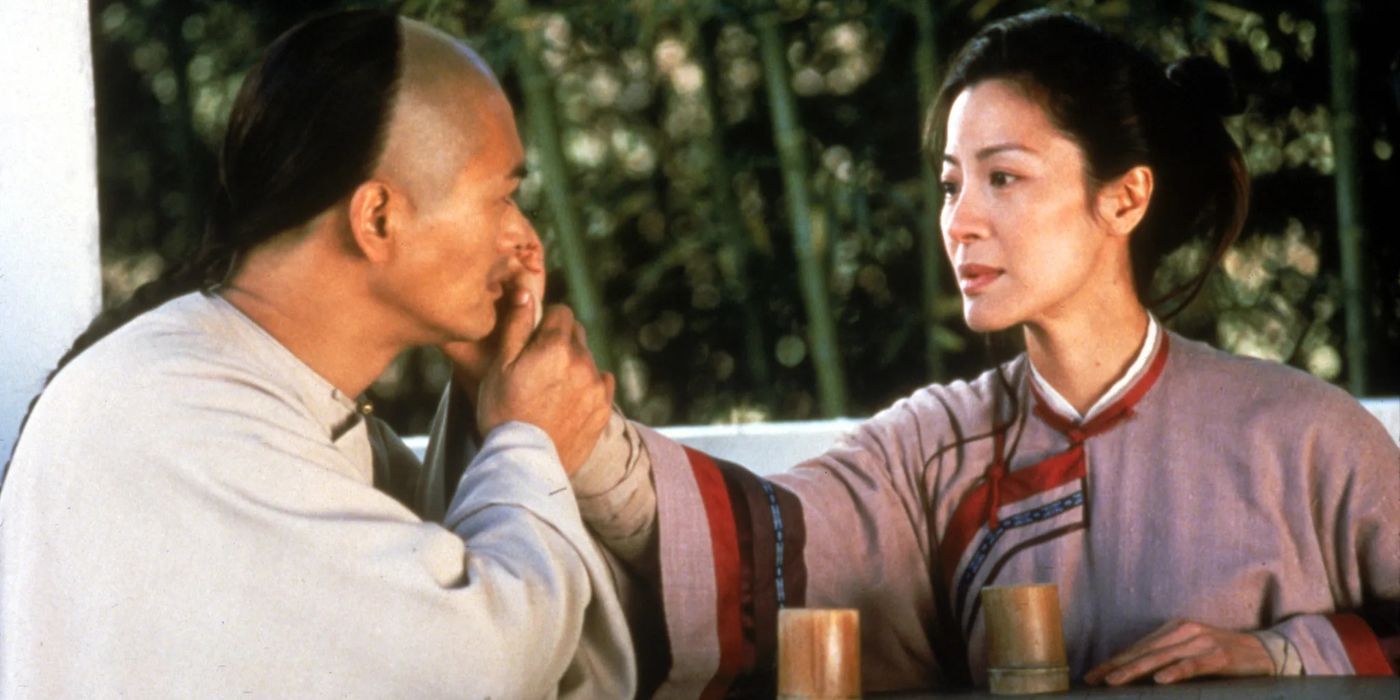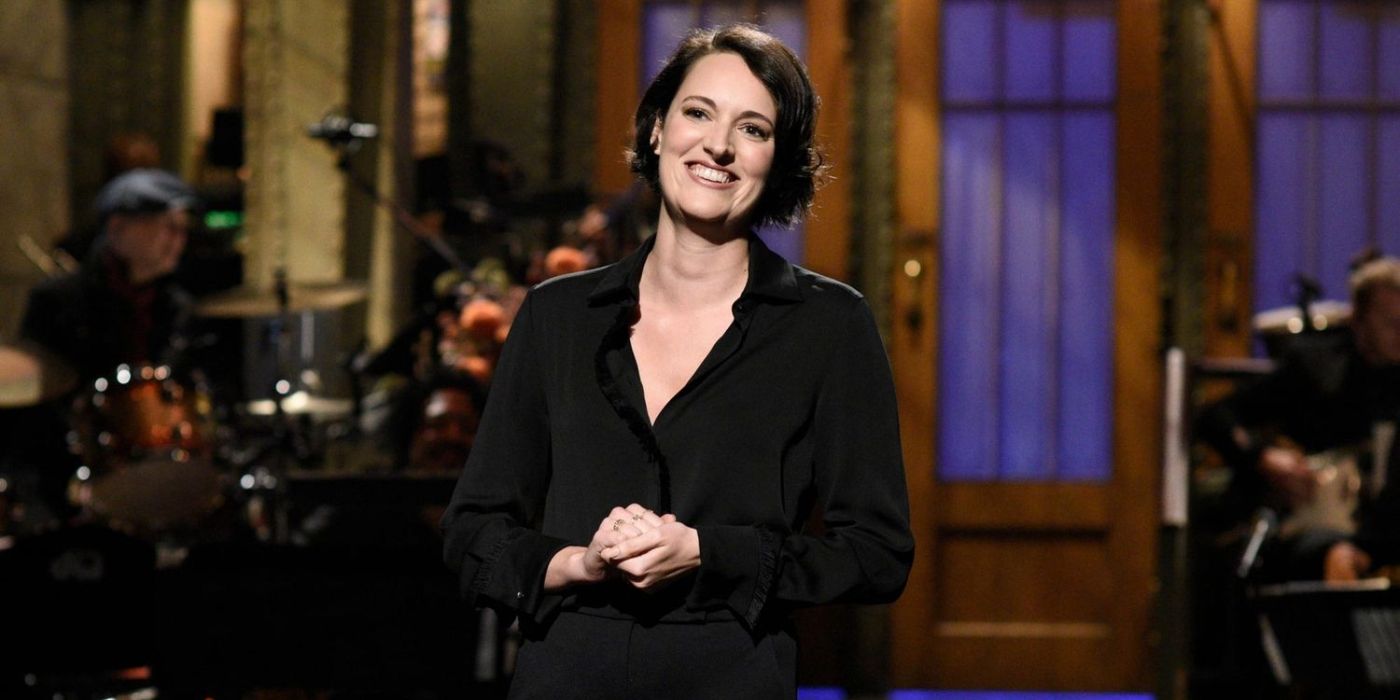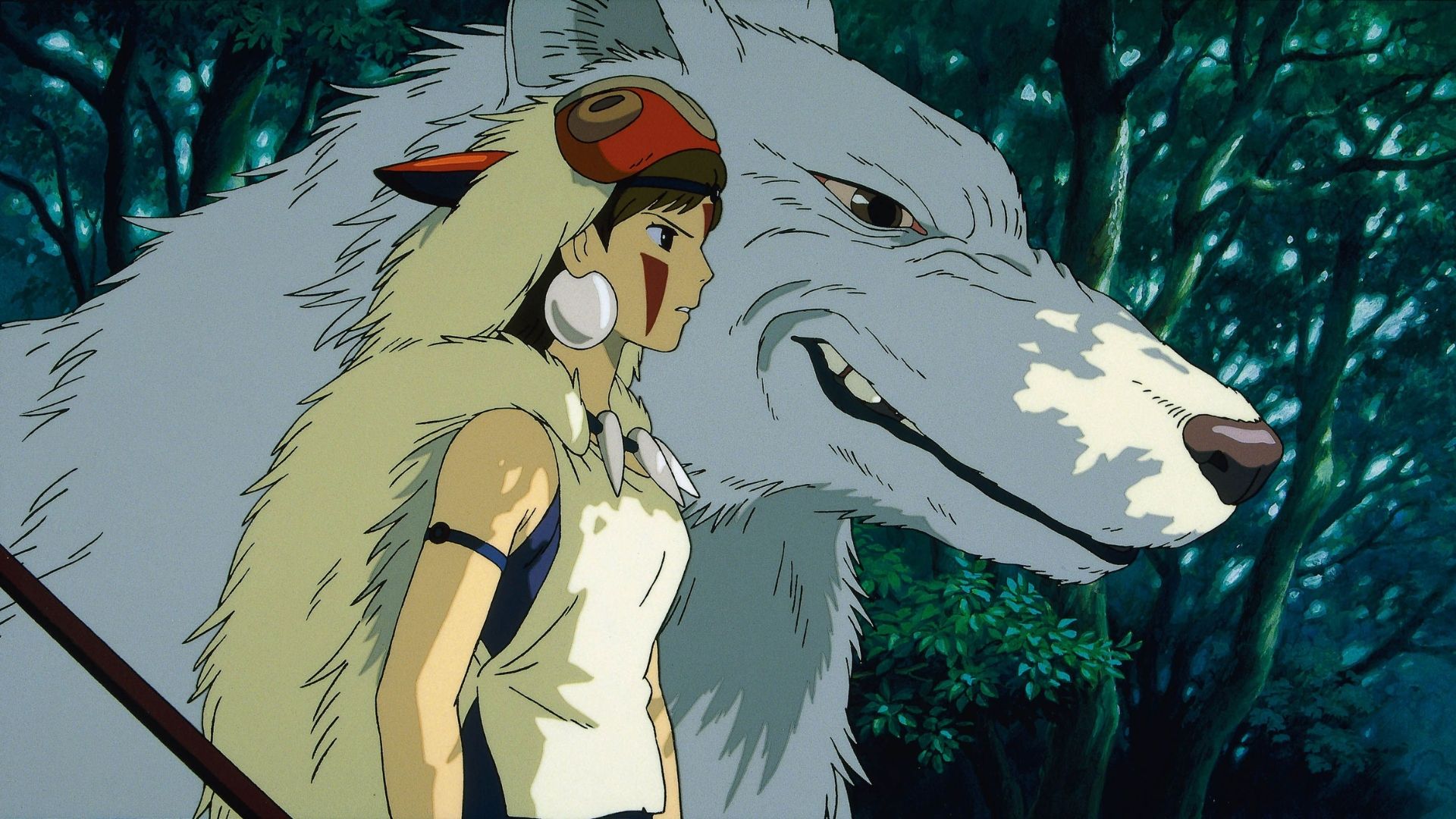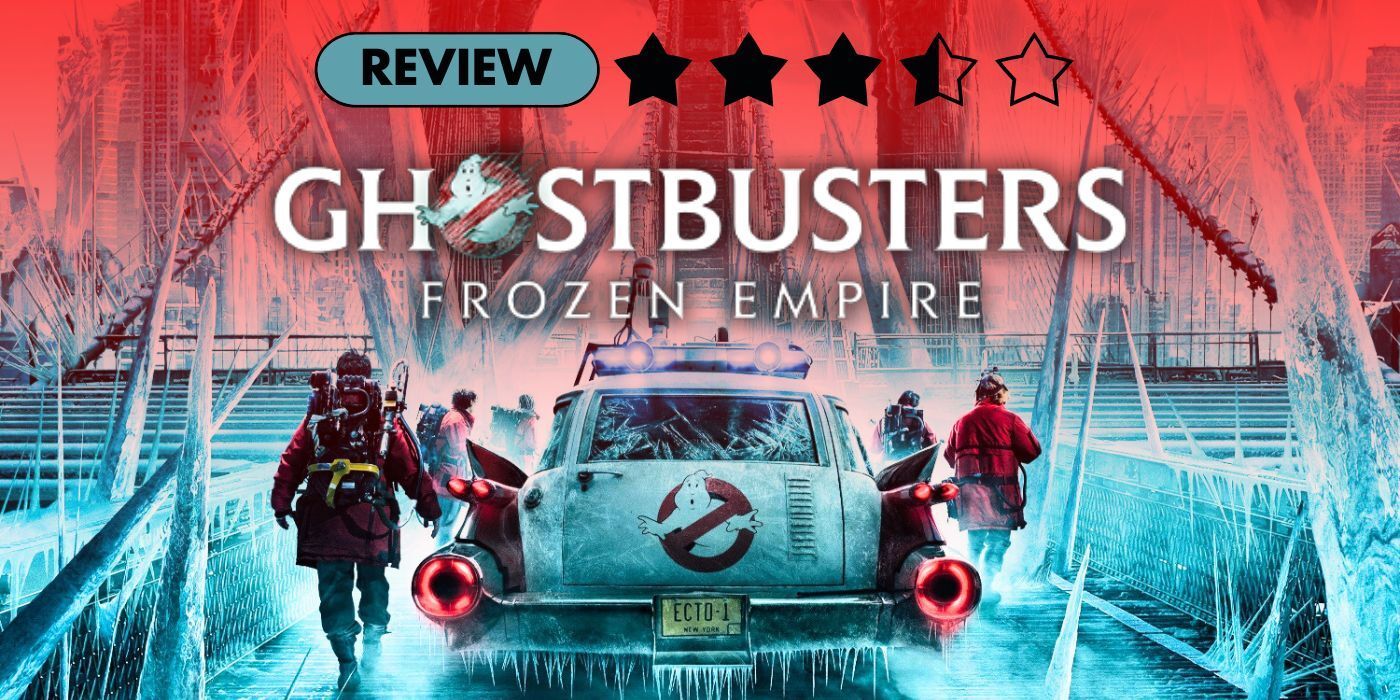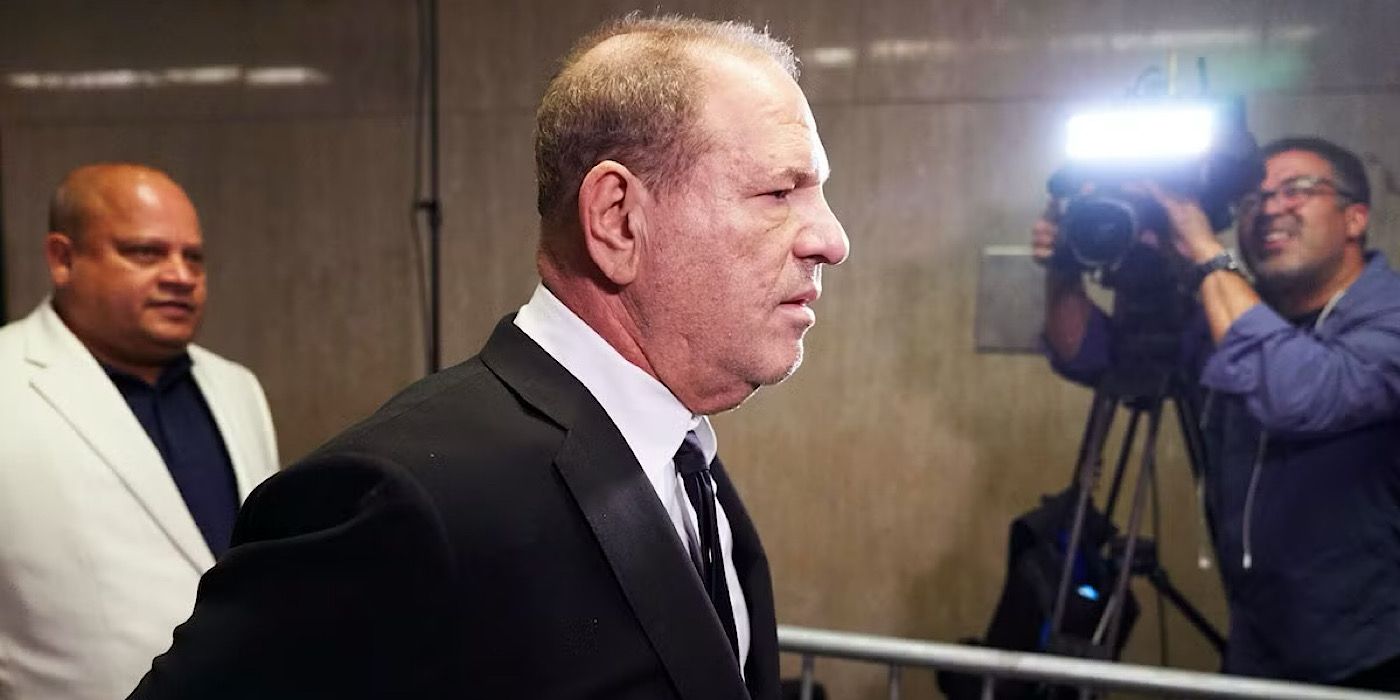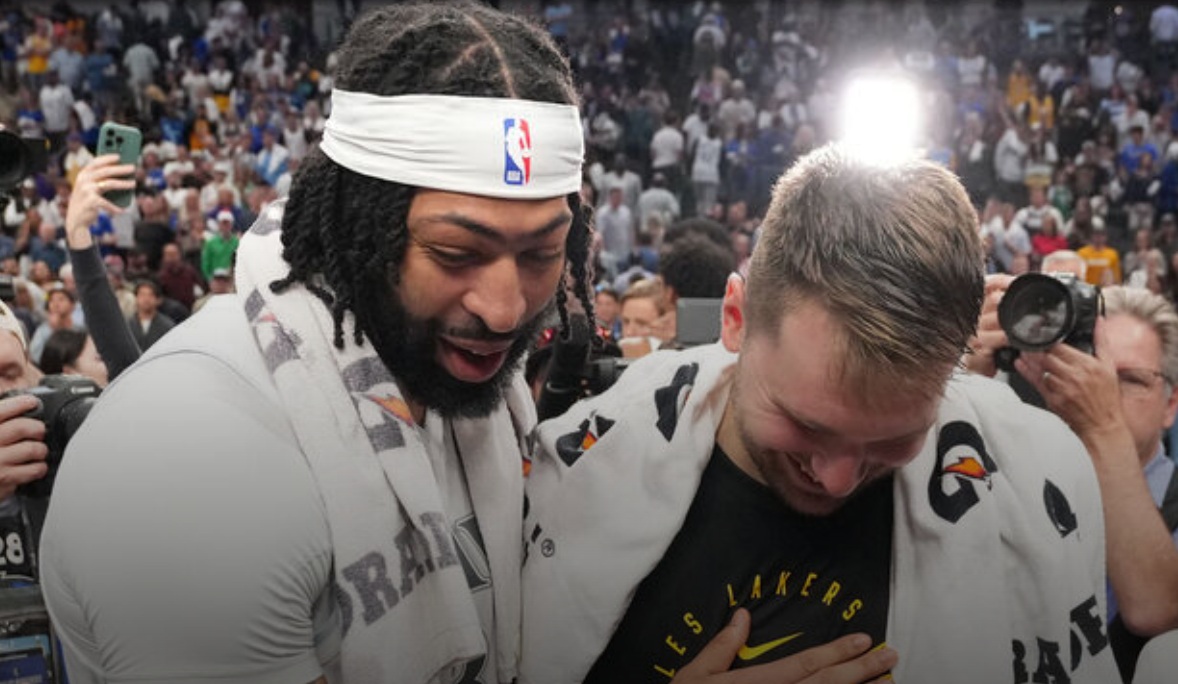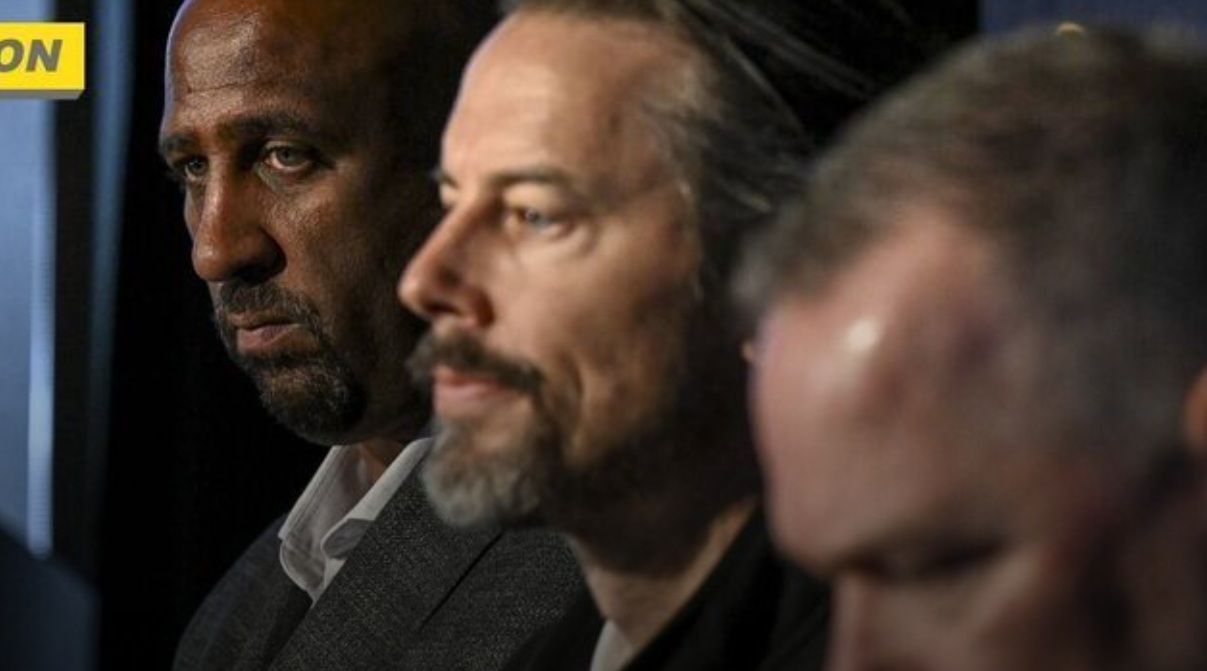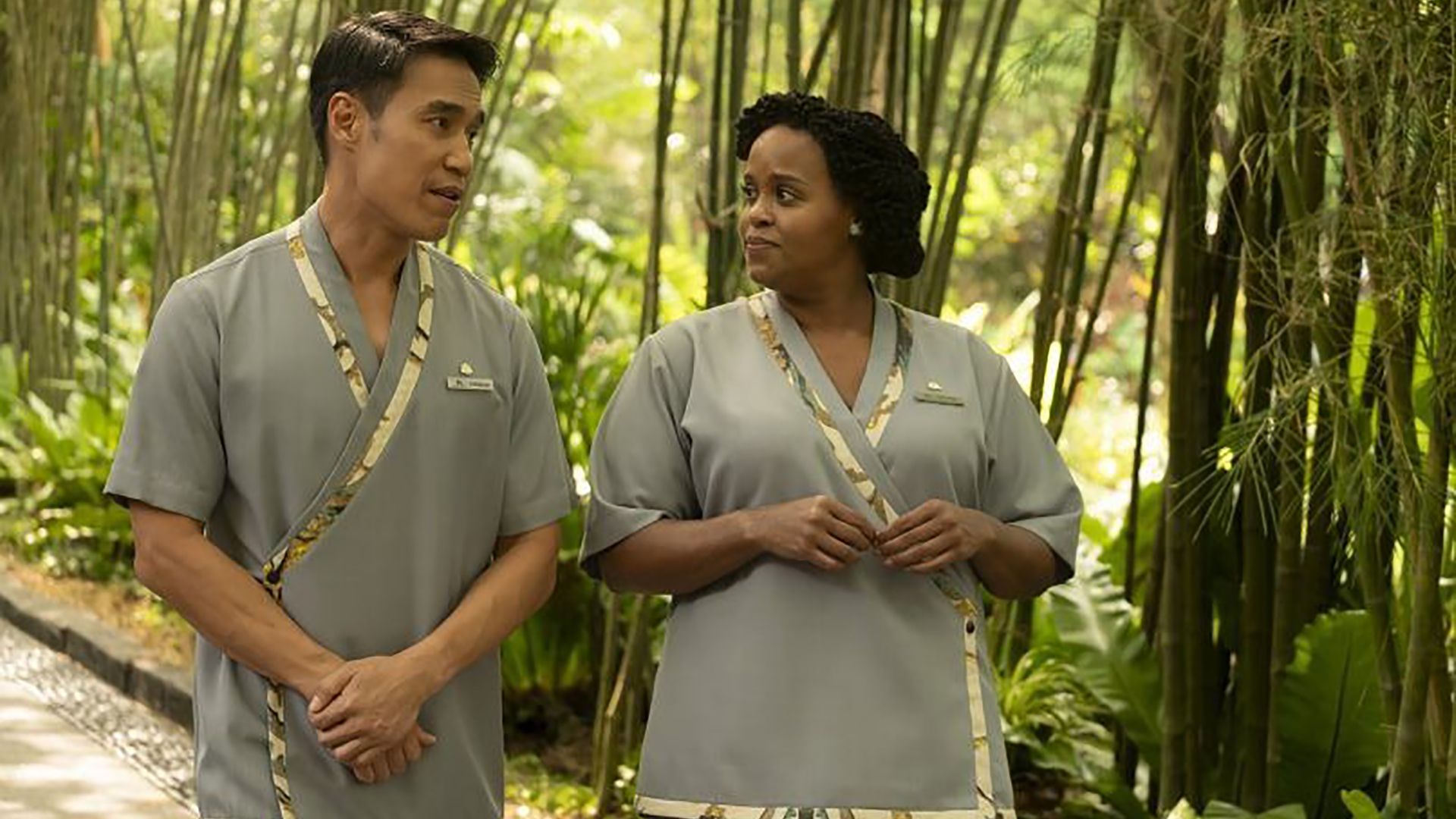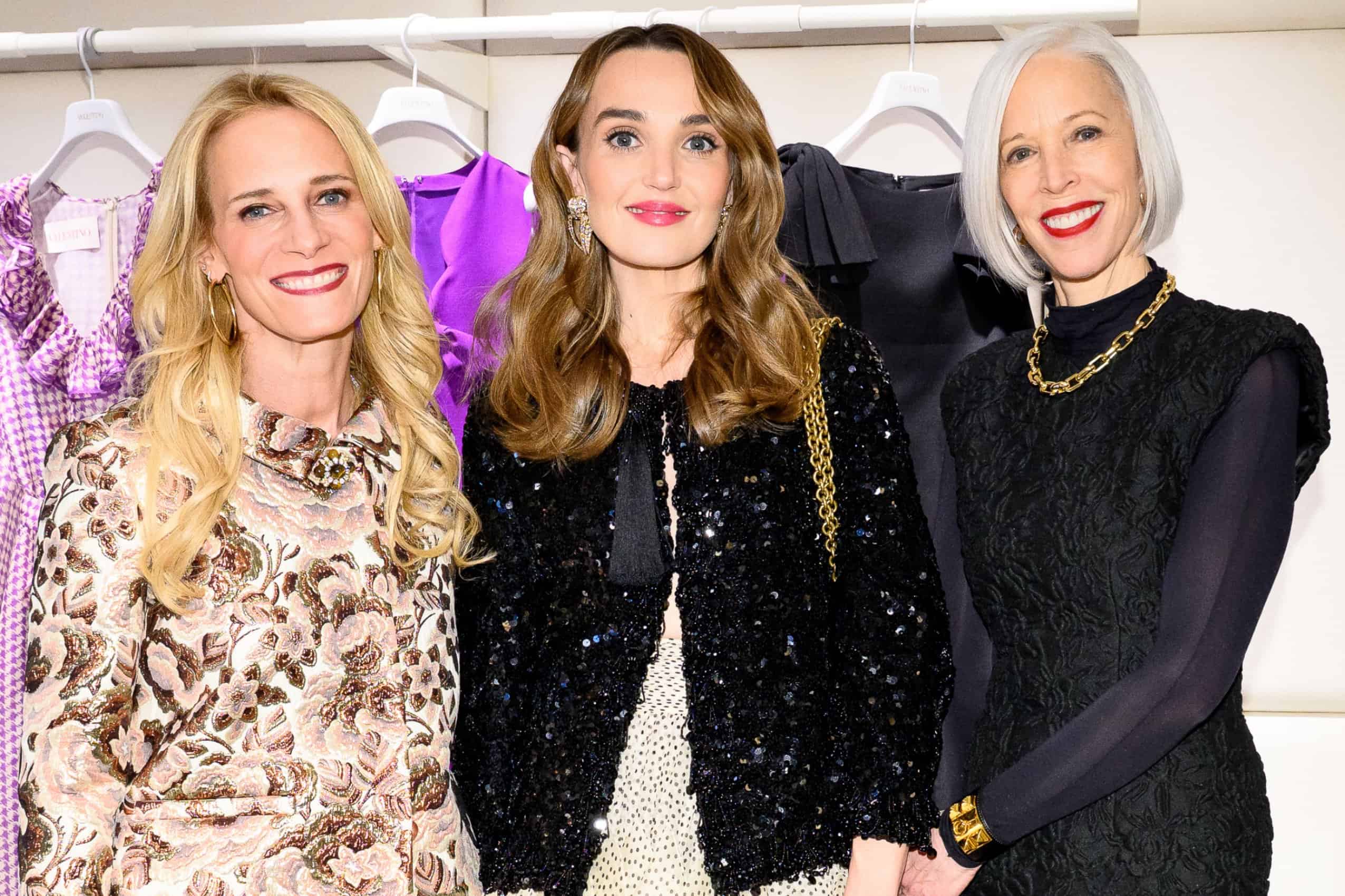The movie is also a spirited—though gleefully weird—example of what critic Matt Singer calls the “legacyquel“—a work that’s about passing a torch from a series’ founding generation to their successors, while folding thoughts on age, physical decline, and the inescapability of death into the story rather than pretending to be immune to such concerns while whistling through the proverbial graveyard.
As it turns out, the graveyard here is more than proverbial: there’s a lengthy sequence, consciously mirroring a previous bit, in which Wee Man is staked out almost-naked in a cemetery with chunks of raw meat arranged on and around his twig and berries in advance of a vulture’s appearance. Colleagues dressed like voodoo priests look on, cackling and braying.
I suppose you could call this too on-the-nose. But y’know what else is too on-the-nose? Pretty much every frame of every iteration of “Jackass,” including ones where people get bashed on the nose.
Johnny and the crew have been upfront for a long time about these aspects of their trade. Knoxville’s “Bad Grandpa” character, who shows up again in “Jackass Forever,” has often played like a sneaky way of getting out ahead of questions about the advisability—forget dignity!—of people sticking with this line of work into middle-age, and beyond. There are moments when one or more of the guys simply give up, or beg for (and receive) mercy, because they fear for their lives, or because a stunt coordinator or animal wrangler on the set has made the determination that somebody might get killed and it’s just not worth it. (Jackass performer Bam Margera is barely in the movie and is suing the producers for violating his civil rights; his lawsuit is very much attuned to the gestalt of “Jackass.”)
I saw “Jackass Forever” at a free radio screening on a cold weeknight, 24 months into a pandemic, after having lost multiple loved ones to Covid, heart problems, cancer, drug addiction, and plain, boring old age, more than 20 years after first watching “Jackass” on MTV, and on the eve of my youngest son’s 18th birthday. A lot of people reading this review won’t care about any of that stuff. I bring it up anyway because I think the movie cares about it enough to showcase the immutable facts of aging, physical infirmity, maturity (or the lack thereof), and the sanding-away of youthful delusions, and stare at it as unflinchingly as one of the crew might stare into the fanged maw of a spider that’s about to bite them in the face.
You can view the original article HERE.

